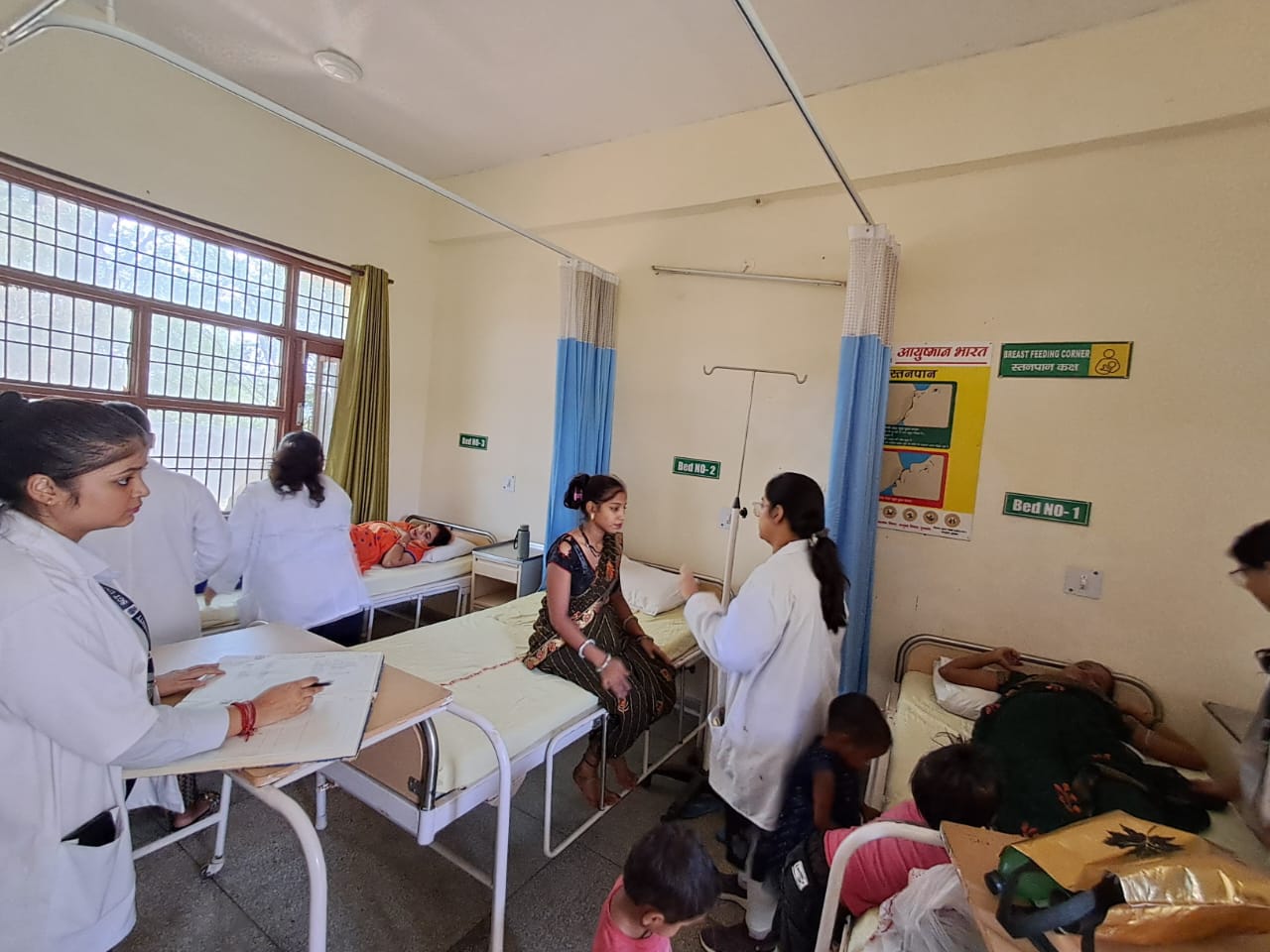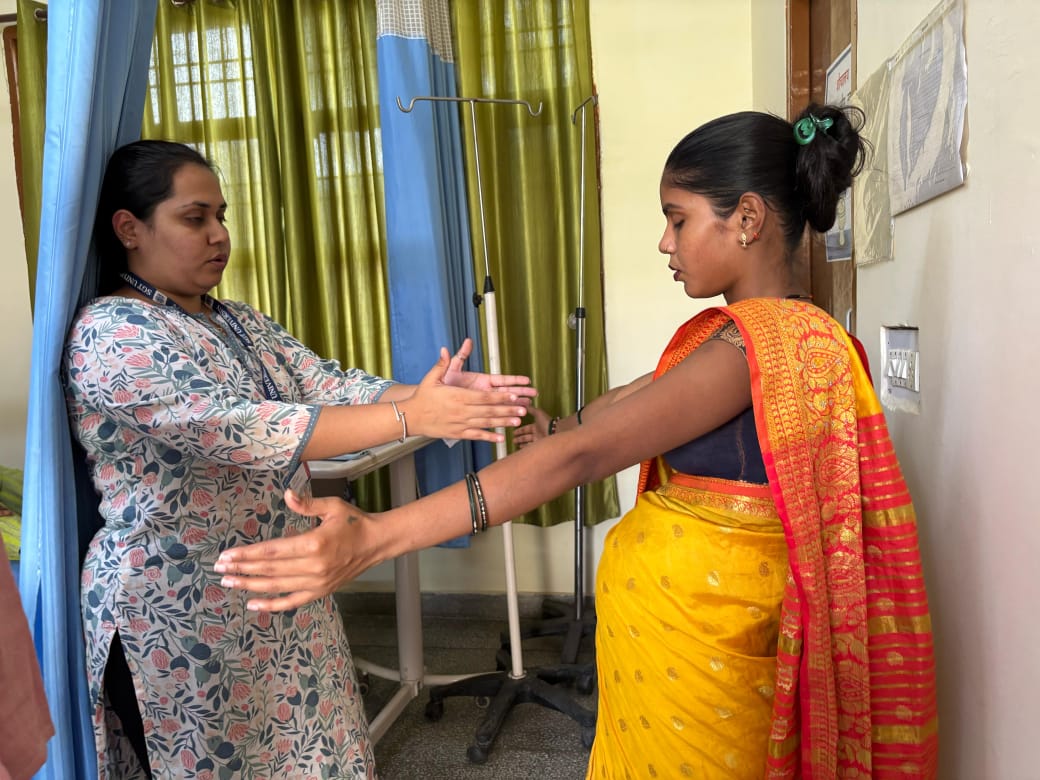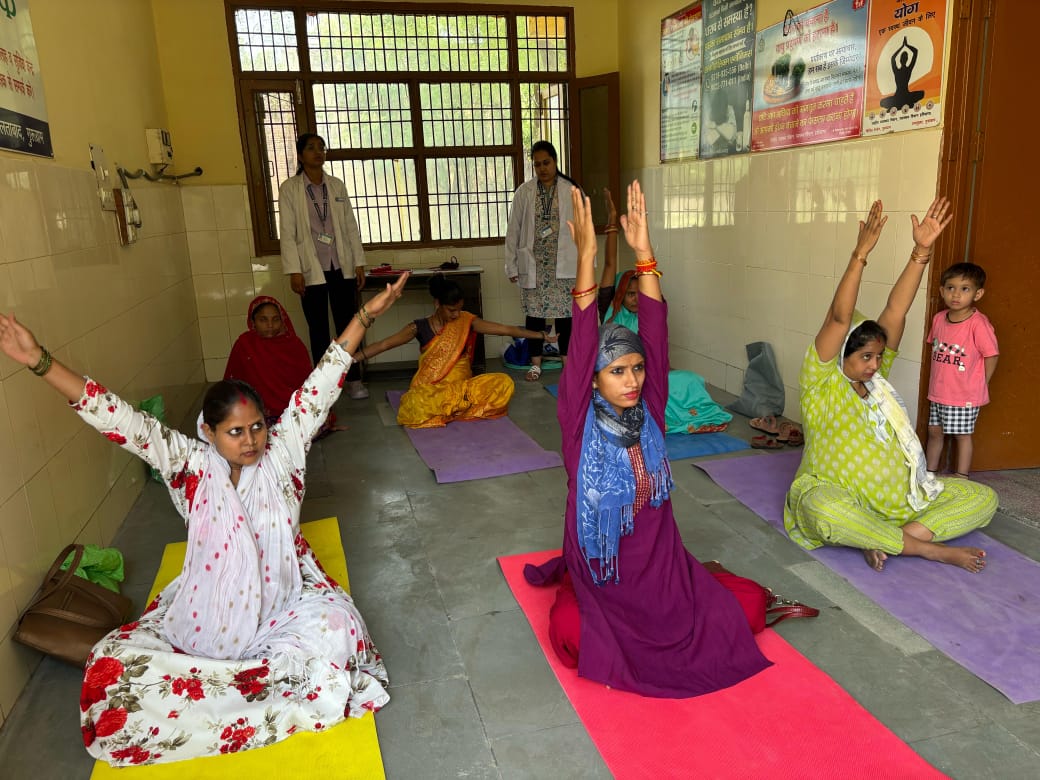
Department of
Community-Based Rehabilitation (CBR)
The Department of Community-Based Rehabilitation (CBR) at SGT University
is committed to empowering individuals with
disabilities and marginalized communities through inclusive, sustainable, and participatory
rehabilitation strategies.
The department focuses on creating physiotherapists who are not only clinically skilled but
also socially responsible
change-makers.
The CBR program is rooted in a rights-based and person-centred approach, aligning with the
global principles of inclusion,
accessibility, and community participation. Students are trained to assess, plan, and
implement need-based
rehabilitation programs in rural, tribal, and underserved urban areas, often in
collaboration with local
stakeholders.
The curriculum integrates public health principles, disability studies, policy frameworks,
and grassroots fieldwork.
Students engage in mobile clinics, school health programs, and disability awareness
initiatives, gaining real-world
insights into the social determinants of health and rehabilitation.
Special emphasis is
placed on rehabilitation for conditions such as cerebral palsy, post-polio residual
paralysis,
spinal cord injuries, stroke, amputations, and developmental delays. The department also
runs outreach programs and
home-based care initiatives in conjunction with NGOs, Panchayats, and community health
workers.

- Department Objectives:
- To train students in holistic rehabilitation strategies for individuals and communities with physical, sensory, and intellectual impairments.
- To enhance competencies in disability assessment, assistive technology provision, functional training, and home-based care.
- To promote the implementation of CBR matrix components—health, education, livelihood, social inclusion, and empowerment—within community settings.
- To inculcate leadership in students for planning, managing, and evaluating rehabilitation projects in resource-limited environments.
- To expose students to real-life community scenarios through field visits, participatory rural appraisals (PRAs), and health surveys.
- To engage students in advocacy, policy analysis, and rights-based discourse related to disability and inclusion.
- To foster partnerships with NGOs, government agencies, and international bodies for advancing inclusive rehabilitationmodels and practices.


